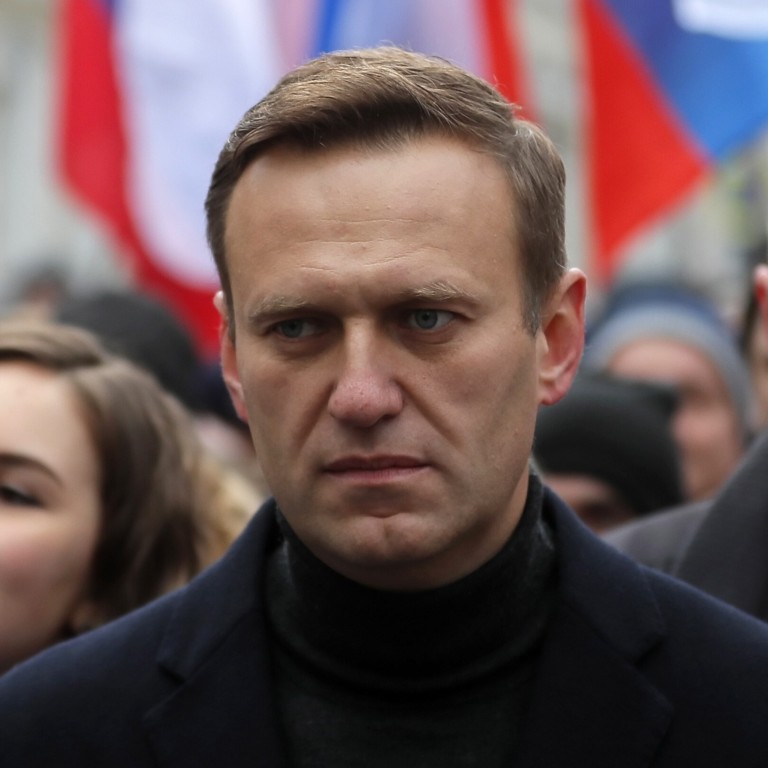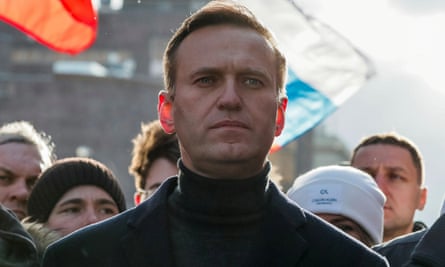
A pro-Kremlin propaganda film posted online before Russia’s 2018 presidential election smeared Aleksei A. Navalny, the Russian opposition leader now lying comatose in a German hospital after a poisoning attack, as the reincarnation of Adolf Hitler.
Russian opposition figure Alexei Navalny was poisoned with a variant of Novichok, a Soviet-era nerve agent, according to tests carried out by a German military laboratory. A German government spokesman says the evidence is "without a doubt."
Magician and stuntman David Blaine is attempting a stunt that so many of us have only dreamed: flying through the air using only balloons. His latest special, Ascension, is being broadcast live on YouTube right now.
Novichok is the same nerve agent used to poison former KGB spy Sergei Skripal and his daughter, Yulia, in a 2018 attack in Britain that Western nations have blamed on Moscow.
Steffen Seibert, a spokesman for German Chancellor Angela Merkel, says that Germany condemns the attack in the strongest possible terms and urges the Russian government to explain what happened.
Days after he was poisoned on Aug. 20, Navalny was airlifted from Siberia to the Charité hospital in Berlin. He remains in a medically induced coma, but in a recent update, German doctors said Navalny's condition is stable and that his life is not in danger.

The Novichok group of nerve agents was "developed in a top-secret laboratory in Moscow and was once a closely held secret of the Russian government," as NPR's Geoff Brumfiel has reported. The name means "newcomer" in Russian — the chemical weapons were developed in the last years of the Cold War, in a bid to create agents that are both lethal and very difficult to detect.
Navalny is one of Russian President Vladimir Putin's most prominent critics. The opposition leader has also investigated well-placed officials over potential instances of corruption and abuse of office.
The activist and politician fell ill on a commercial flight from Siberia to Moscow, forcing the plane to make an emergency landing. His spokesperson, Kira Yarmysh, said she saw him drink one thing: a cup of tea at the airport in Tomsk.
Merkel's office says the government is hoping for Navalny to make a full recovery from his poisoning.
Navalny "continues to be treated in an intensive care unit and remains on a ventilator," the Charité hospital said Wednesday. "Recovery is likely to be lengthy. It is still too early to gauge the long-term effects which may arise in relation to this severe poisoning."
Both Sergei and Yulia Skripal survived the March 2018 attack in Salisbury, England, and the U.K. charged two Russian men with the crime. Then-Prime Minister Theresa May said that the U.K.'s security and intelligence agencies determined the men were "officers from the Russian military intelligence service, also known as the GRU."
Four months after the Skripals were poisoned, two local residents of Salisbury came into contact with Novichok and one of them later died. U.K. authorities have said the two residents likely were exposed to nerve agent that had been discarded after the March attack.




